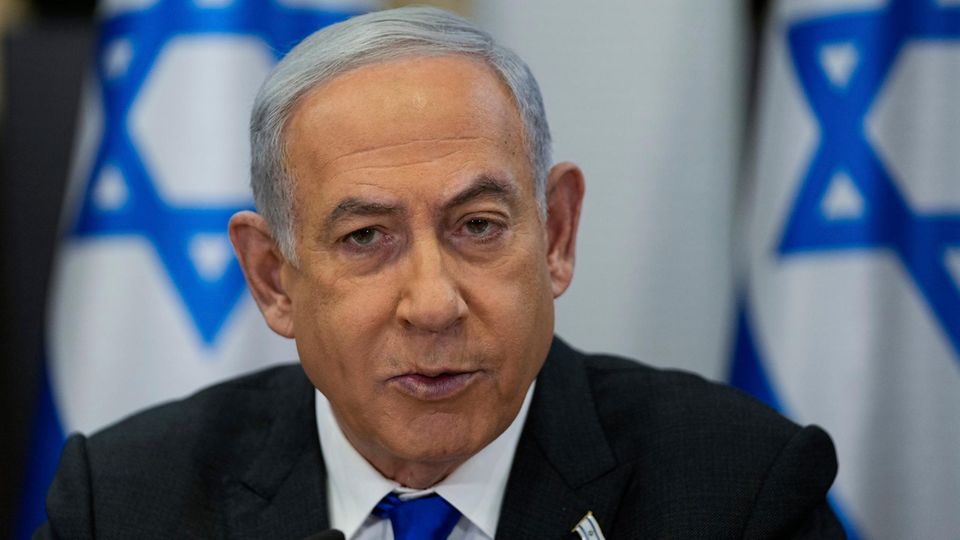column
Fried – view from Berlin
Dispute between Baerbock and Netanyahu – there is almost a tradition behind it
This way? That way! Not always in agreement on the direction: Foreign Minister Annalena Baerbock with Prime Minister Benjamin Netanyahu during their visit to Israel
© Thomas Koehler / Picture Alliance
She is considered emotional – but so is he. Annalena Baerbock is said to have argued with Benjamin Netanyahu. There have been several incidents of this kind in 35 German-Israeli years. Our author looks back at the highlights.
Annalena Baerbock recently had an intensive meeting with Benjamin Netanyahu. That much can be said, even if not all the details of the meeting between the German Foreign Minister and the Israeli Prime Minister are known. An Israeli journalist reported on a dispute over the humanitarian situation in the Gaza Strip. The German ambassador described parts of the report as false and misleading. However, it wouldn’t surprise you if Baerbock was very emotional.
And neither does Netanyahu.
The Prime Minister is considered to be very direct in his dealings. There is “always tension in the air,” someone who has seen many meetings between Angela Merkel and Netanyahu once told me. The Prime Minister can be friendly when he wants, but can also quickly become rude when he thinks he has reason to complain. That’s what happened with Baerbock when Netanyahu denied that Israel was starving the population in Gaza.
Netanyahu’s relationship with Germany is ambivalent
Benjamin Netanyahu has been involved with Germany as a politician for 35 years. At that time, in 1989, he was deputy foreign minister and negotiated with the GDR government of Hans Modrow about establishing diplomatic relations. Immediately after the fall of the Wall, when the future of the two Germanys was under discussion, Netanyahu apparently would have preferred to see a two-state solution for Germany. The Knesset reported that the deputy foreign minister had warned that “Israel and the Jewish people could not ignore the serious danger that would be associated with reunification if Germany then set out to destroy the world for the third time in a century.”
Things turned out differently, but Netanyahu’s relationship with Germany remained ambivalent. He appreciates German support for Israel, but also vehemently demands it if it doesn’t go far enough for him. Conversely, he never liked it when his interlocutors interfered in Israeli politics. In 1998, he is said to have snapped at Federal President Roman Herzog when asked about the living conditions of Palestinians in the West Bank: “You are a president, not a politician. You don’t understand anything about it. Stay out of it!”
Merkel to Netanyahu: “You do what you want anyway”
The chronicle of Netanyahu’s emotional interactions with German politicians includes minor taunts and major scandals. In 1999, Netanyahu had an appointment with Joschka Fischer postponed for a few hours, which made it more difficult for the German Foreign Minister to meet with Palestinian President Yasser Arafat. When he became prime minister again in 2009 after ten years, Netanyahu had to deal with Merkel. Controversies soon arose: in 2011, Germany, as a member of the UN Security Council, agreed to condemn Israel’s settlement policy. In 2012, Berlin abstained when it came to upgrading the status of the Palestinians. Both times, Netanyahu called Merkel afterwards and complained. In 2017, he refused to receive Foreign Minister Sigmar Gabriel because he also wanted to meet a human rights organization critical of the government.
In her last years in office, the Chancellor resigned herself to Netanyahu’s stubbornness in settlement policy. According to one witness, her sentences occasionally began like this: “You do what you want anyway, but I’ll tell you again…”
When Baerbock discussed the Gaza Strip with Netanyahu, she probably sounded very similar.




